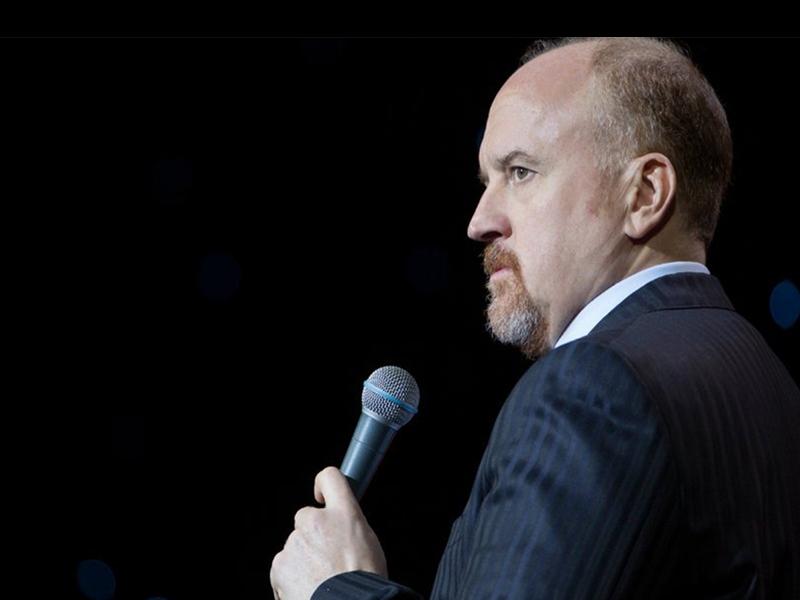Although sexual harassment has been a controversy in the United States for a long time, only recently did victims of celebrity sexual harassment come forward to accuse those who were taking advantage of them. On Nov. 9, comedian Louis CK became the latest addition to an expanding list of men who have been accused of sexual harassment. The growing list includes Harvey Weinstein, Kevin Spacey, and George H.W. Bush.
“I definitely see Harvey Weinstein’s impact on this, because people feel encouraged speak on their accounts,” said Yoon Lim (11). “It is also what ignited the “#MeToo” campaign. The fact that women are able to voice their previous experiences and receive support from fellow women is very empowering to me. However, the foreseeable backlash on this is “man-hating”, in that men could be wrongfully accused of being possible predators of sexual harassment in the workplace, or women being wrongfully discriminated in the workplace for having spoken up. The term ‘equality’ should be enforced in that sexual harassment is wrong, but it doesn’t give women to start labelling all men as possible sexual harassers. All in all, I am in full support of the #MeToo, but want to ensure that man-hating does not become a sensation.”
CK became the latest actor accused of inappropriate behavior after the New York Times published a report of allegations from five of his victims. Dana Min Goodman and Julia Wolov, comedy duo, alleged only recently that CK exposed himself to them after inviting them to hang out in his hotel room in 2002. According to the New York Times, the women described themselves as being paralyzed during the incident and running out of the hotel room soon after. Three other women, Abby Schachner, Rebecca Corry, and [third person], also claimed separate acts of misconduct. As a result, his film “I love you, Daddy” was canceled along with his appearance on “The Late Night Show with Steven Colbert”.
“These stories are true,” said CK, in a published statement after the Times piece was released. “At the time, I said to myself that what I did was okay because I always got “consent”. But what I learned later in life, too late, is that when you have power over another person, asking them to look at your d— isn’t a question. It is a predicament for them. The power I had over these women is that they admired me. And I wielded that power irresponsibly.”
However, CK’s case follows a long stream of sexual harassment scandals involving celebrities and producers in positions of power. According to the New York Times, Harvey Weinstein was accused of raping three women and sexually abusing a dozen of others by using his high position as a well-known director. As a consequence to his actions, he was fired from the Weinstein Company, one that he co-founded with his brother, and expelled from the Academy of Motion Pictures Arts and Sciences. Similarly, Charlie Rose was also accused of sexual harassment of at least eight women. As a result, he was fired from CBS, and Bloomberg and PBS canceled his interview show, “Charlie Rose”. Harvey Weinstein and Charlie Rose have both been exposed of their wrongdoings only recently, though.
Movements such as the #MeToo have formed in response to the growing incidences of sexual abuse. Actress Alyssa Milano used her Twitter account to encourage women who had been sexually harassed or assaulted to tweet the words #Me Too. The goal of this movement was to give people a sense of “the magnitude of the problem”. A spokesperson from Twitter confirmed that 24 hours later, the hash tag had been tweeted nearly half a million times, in which some even discussed their personal experiences of sexual assault. This movement was deemed powerful in that the ongoing issue of sexual harassment women had long kept quiet about, had turned into a blooming movement supported by women all over the world through social media. As a result, women are no longer keeping these horrifying experiences to themselves, and instead are speaking up more women are speaking out to further spread the issue.

